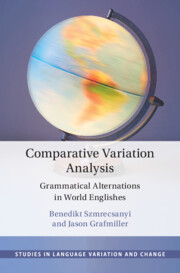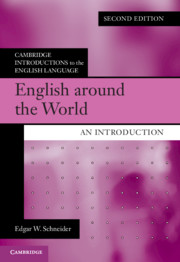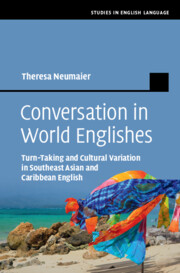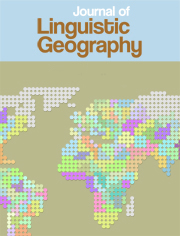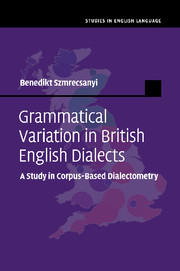Comparative Variation Analysis
Variation studies is an increasingly popular area in linguistics, becoming embedded in curriculum design, conferences, and research. However, the field is at risk of fragmenting into different research communities with different foci. This pioneering book addresses this by establishing a canon of state-of-the-art quantitative methods to analyze grammatical variation from a comparative perspective. It explains how to use these methods to investigate large datasets in a responsible fashion, providing a blueprint for applying techniques from corpus linguistics, variationist, and dialectometric traditions in novel ways. It specifically explores the scope and limits of syntactic variability in a global language such as English, and investigates three grammatical alternations in nine varieties of English, exploring what we can learn about the grammatical choices that people make based on both observational and experimental data. Comprehensive yet accessible, it will be of interest to academic researchers and students of sociolinguistics, corpus linguistics, and World Englishes.
- Showcases various exciting intersections between variationist linguistics and related subfields
- Establishes a canon of state-of-the-art quantitative methods to responsibly and rigorously analyze ever larger, big data-inspired datasets from a comparative perspective
- Supplements corpus-based variation analysis with psycholinguistic experimentation
Product details
April 2025Paperback
9781108798471
238 pages
229 × 152 mm
Not yet published - available from April 2025
Table of Contents
- 1. Introduction
- 2. Grammatical and syntactic variation
- 3. World Englishes and dialect typology
- 4. The data
- 5. Alternation-by-alternation analysis
- 6. Distances, similarities, and coherence
- 7. Experimental corroboration
- 8. Where are we now, and where to next?.

